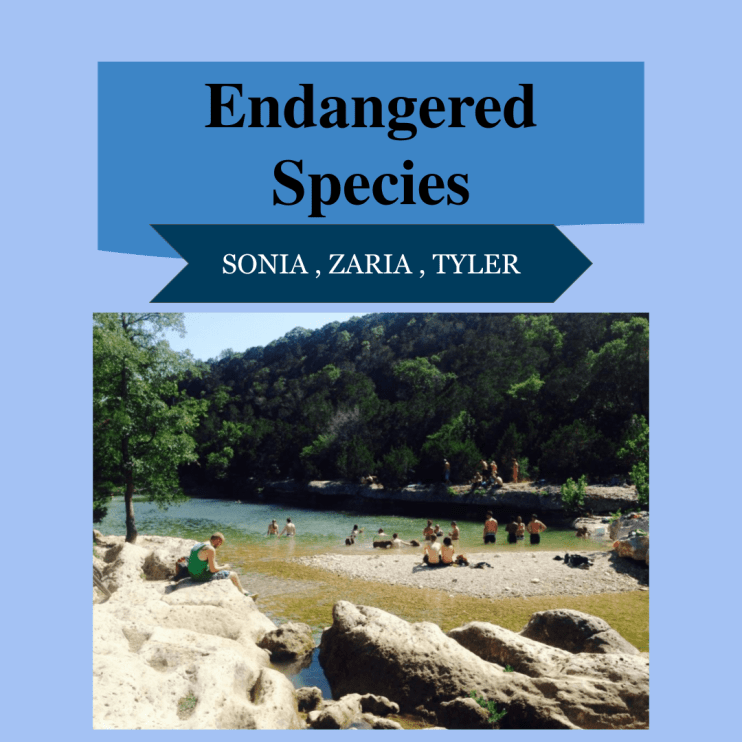

Austin’s Native Plants
Lorenzo, Joseline and Dulce researched native plants that thrive in Austin. They focused on three plants that are easy to care for year-round and provide food and shelter for wildlife habitats!



Mulch
Jackie and Maliza dug into the benefits of mulch in gardens and parks. Learn how mulch can help earthworms, plants and trees!




Companion Planting and Composting
Jaden, Siler and Joseph researched companion planting and composting! They added in some tips and tricks to get started with both – take a look!



Invasive Species and their Effect
Alex, Luci and Allison chose to look at how Ligustrum, an invasive plant, harms and changes an ecosystem when it’s allowed to grow.
This plant causes a lot of problems. Here at APF we strive to eradicate Ligustrum as often as possible through open workdays and projects during It’s My Park Day!




Blue-Green Algae
Ainsley and Dalia sought to better understand what Blue-Green Algae is and alert people to its effects.






Links to local articles:
Reishi Fungus
Sabine, Braden and Kaleob took a look at what Reishi Fungus is and why it’s important.
How can fungi help our Austin parks?
Reishi Fungus is a great tool for weakening trees before removing them, especially trees invasive to the Austin ecosystem! The invasive species, Japanese Privet, out competes other native plants like bushes and trees. Its fast growth also contributes to wildfires.
Of course, the best way to keep this tree out of our ecosystem is to not plant it in the first place! If you’re looking for safe alternatives to Japanese Privet, try Texas Privet and Limerock Arrowwood which both have a similar bushy look but are NATIVE to Texas.
Check out our online events calendar and subscribe to our newsletter to hear about volunteer events!






Endangered Species
Zaria, Tyler and Sonia wanted to better understand two of Austin’s endangered species – the Barton Springs Salamander and the Golden Cheeked Warbler!
Learn about how we can protect these species habitats and ensure they’re around for years to come.





Links:
Landscaping
Aline and Debra found that landscaping is more than just a pretty lawn…there are benefits to landscaping that help our native species thrive!





